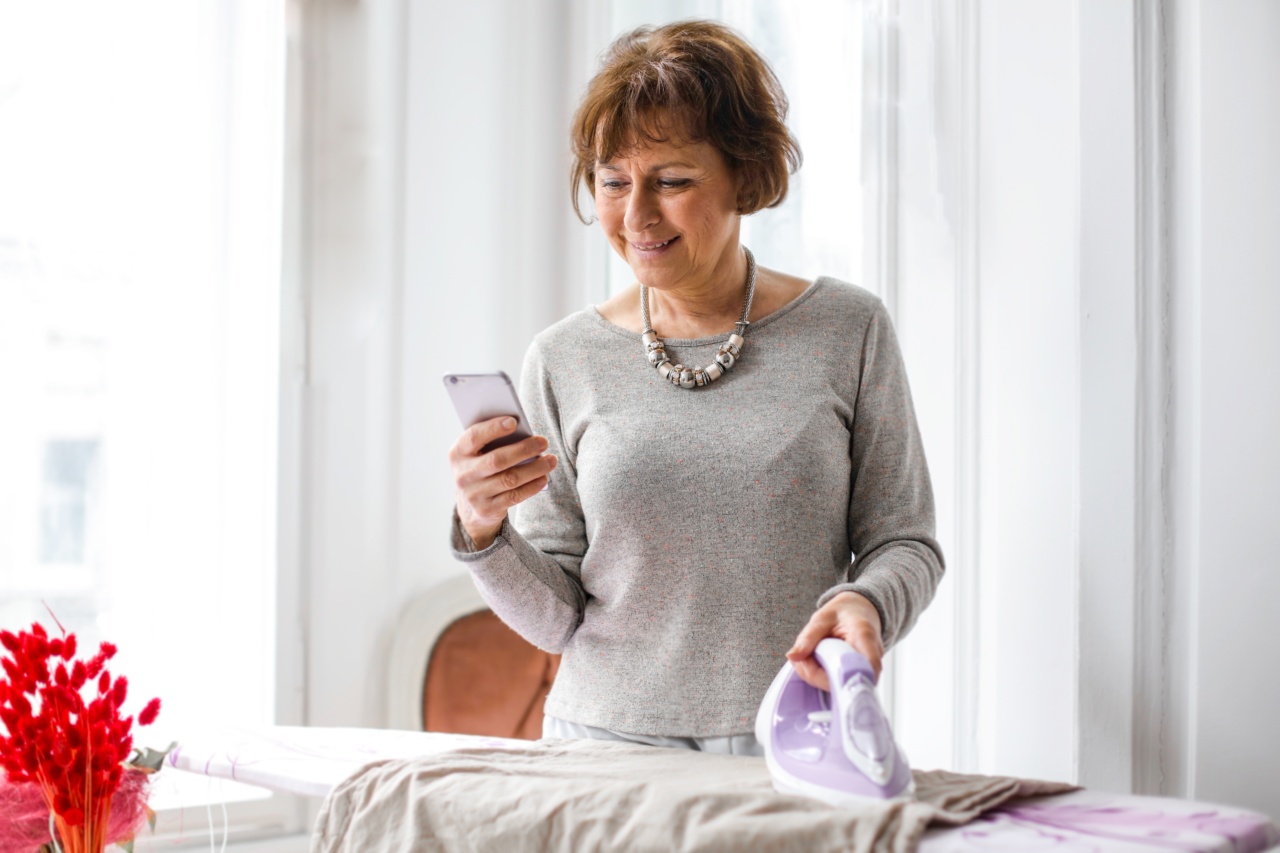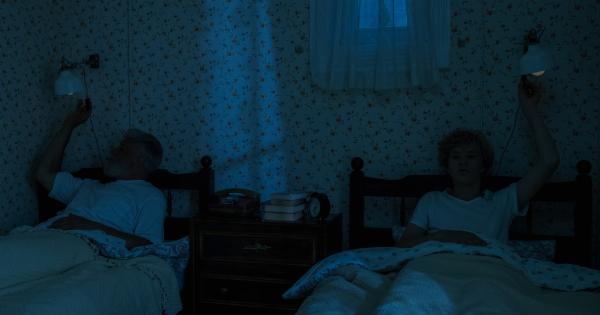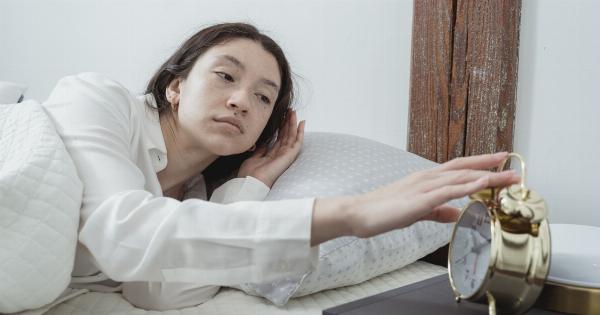For many people, the last thing they do before going to bed at night is reach for their phone and scroll through social media, check emails, or catch up on the latest news.
It has become such a normal part of our nighttime routine that we often don’t even think twice about it. However, keeping your phone next to your bed can have some serious negative effects on your health, sleep, and overall well-being.
Blue Light Exposure
First and foremost, the blue light emitted by your phone screen can interrupt your body’s natural sleep-wake cycle. This is because blue light suppresses the production of melatonin, a hormone that regulates sleep.
When you expose yourself to blue light, your body is tricked into thinking it’s daytime instead of nighttime, making it harder for you to fall asleep and stay asleep.
Distraction and Disruption
Keeping your phone next to your bed also makes it easy to get distracted and disrupt your sleep. If you get a notification in the middle of the night, it’s tempting to check it and respond.
But doing so can wake you up and make it harder to get back to sleep. Even if you don’t check your phone, the sounds and vibrations from notifications can be enough to disrupt your sleep and leave you feeling groggy in the morning.
Increased Anxiety and Stress
Another danger of keeping your phone next to your bed is that it can increase your anxiety and stress levels. When you’re constantly connected to the world through your phone, it can be hard to disconnect and relax.
The constant stream of information and notifications can leave you feeling overwhelmed and anxious, making it harder to fall asleep and stay asleep.
Radiation Exposure
Although the scientific community is still debating the long-term effects of cell phone radiation, there is evidence to suggest that keeping your phone next to your bed could expose you to harmful levels of radiation.
This is because cell phones emit radiofrequency waves, which have been linked to a variety of health problems, including cancer. While the research is still ongoing, it’s better to err on the side of caution and keep your phone at a safe distance while you sleep.
Recommendations
To protect your health and sleep, it’s best to keep your phone away from your bed. Instead, try one of the following recommendations:.
- Charge your phone in another room while you sleep
- Put your phone on airplane mode while you sleep
- Use a traditional alarm clock instead of relying on your phone
- Implement a technology-free bedtime routine to help you wind down
Conclusion
In conclusion, keeping your phone next to your bed may seem convenient, but it can have serious negative effects on your health, sleep, and overall well-being.
By making small changes to your bedtime routine, you can protect yourself from the dangers of cell phone radiation, reduce your exposure to blue light, and get a better night’s sleep.

























